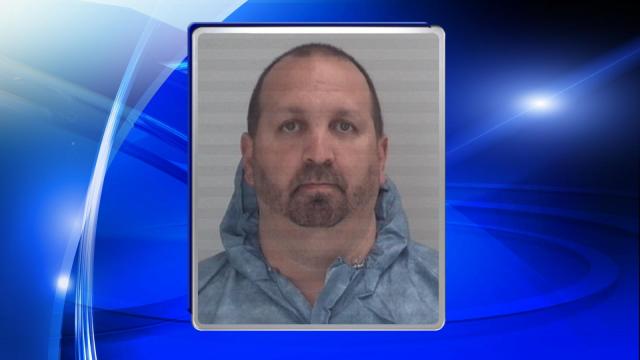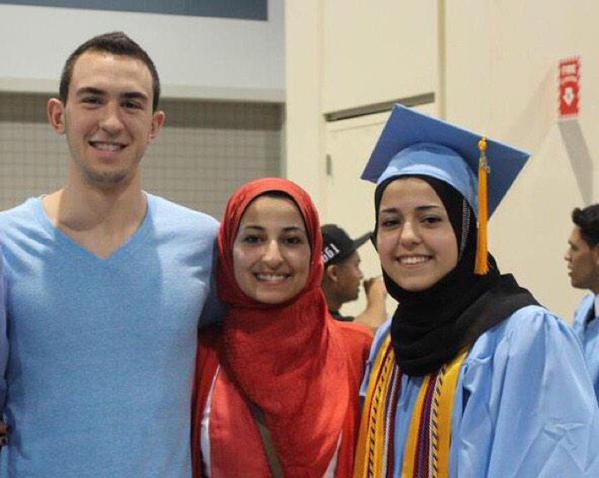
We get the condemnation in first. That is crucial. Not the condemnation of the killer himself, of course, nor sympathy for the victims. Deah Shaddy Barakat, Yusor Mohammad and Razan Mohammad Abu-Salha, of Chapel Hill, North Carolina, are already bit players in all this. Craig Stephen Hicks, charged with their murder last night, is already just a rhetorical tool. What matters apparently is what Richard Dawkins has to say about these killings, seemingly carried out by a “militant atheist” whose Facebook wall was a shrine to Dawkins, Christopher Hitchens, Sam Harris, Penn and Teller, and other icons of secularism.
People who would rightly balk at the suggestion that Muslims should take some responsibility for the actions of jihadists tweet, only semi-ironically, that atheists such as Dawkins should condemn the killing (he has). More troublingly, many suggest that “white” people should speak out, a dangerous conflation of race and religion on all sides.

Next, we condemn the media. For what, exactly? For not keeping up with our demands on a breaking story? Most people will only have seen the news on social media, with initial reports coming from local broadcasters. We somehow expect all international media to have covered the story comprehensively in the time it took us to read a tweet, in spite of the fact it was 5am in North Carolina when we heard about it, and there will be many people in that state who haven’t even woken up to the news yet. (This Storify from Reported.ly provides a good summary of the news and reaction.)
It is entirely correct that we should attempt to analyse and contextualise events such as this murder. It is not enough to wring our hands, throw our eyes to heaven, and bemoan the tragedy of it all. It is dangerous and insulting to people with mental illnesses to dismiss every gunman as a lunatic. If there is an ideological or political motivation for this violence, then we should find out what it is. If there are to be gunmen killing in the name of Godlessness, as there are so many killing in the name of God, then we should pay attention. (This is not a plea to root-causery, by the way. Just as with jihadists, I don’t think there’s any explanation out there that could reason away or justify this killing, nor any concessions a democratic society could make to any ideology underpinning it.)
But increasingly, we do not get analysis: we get positioning. We confirm certain things to ourselves. What happens today proves I was right about everything else. Confirmation will be found that militant atheists are just as bad as any other fundamentalists, that the media doesn’t care about Muslim lives, even American Muslim lives, and, most of all, the real prize of argument these days: your opponent is a hypocrite.
Maybe this makes us feel better: maybe it provides a level of certainty for us in the midst of events too awful to contemplate. But it does nothing to answer the crucial questions: what happened? Why did it happen? And how do we stop it happening again? And it does nothing to help the Arab and Muslim Americans of North Carolina.